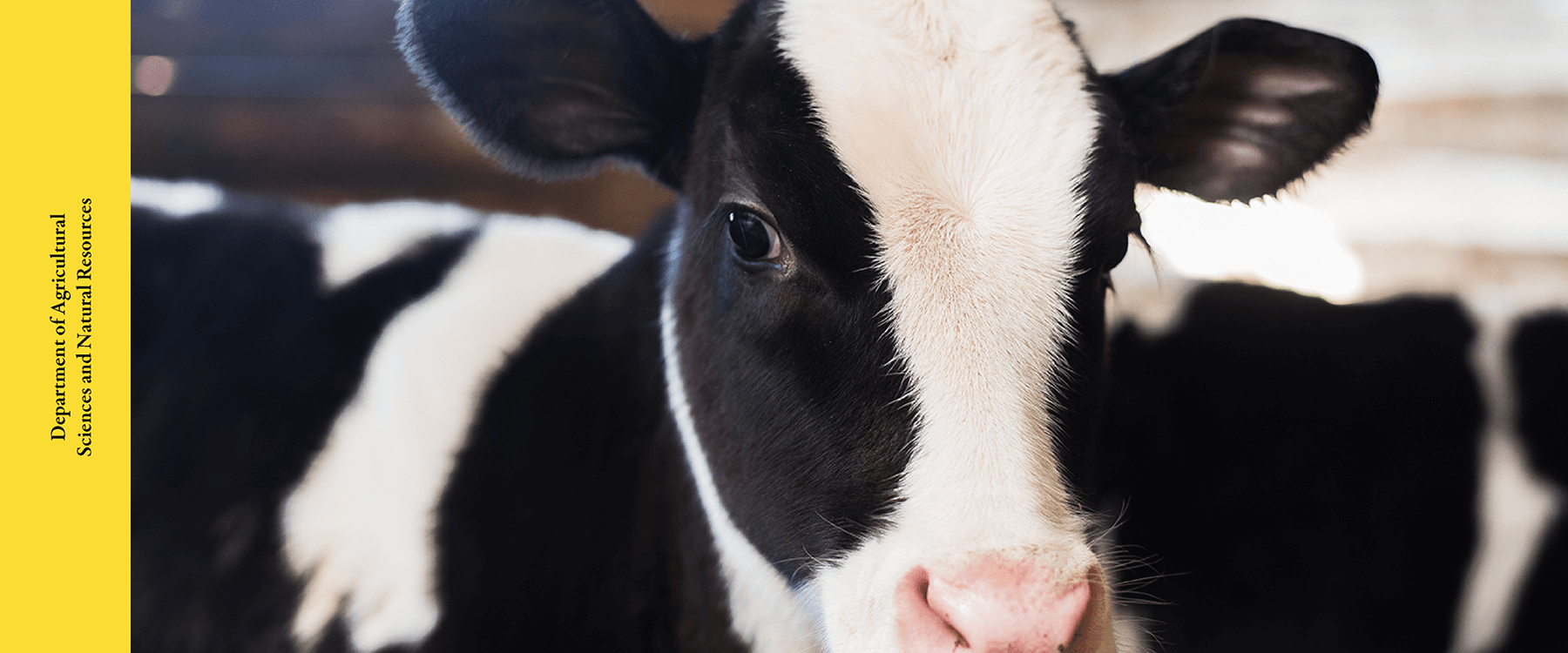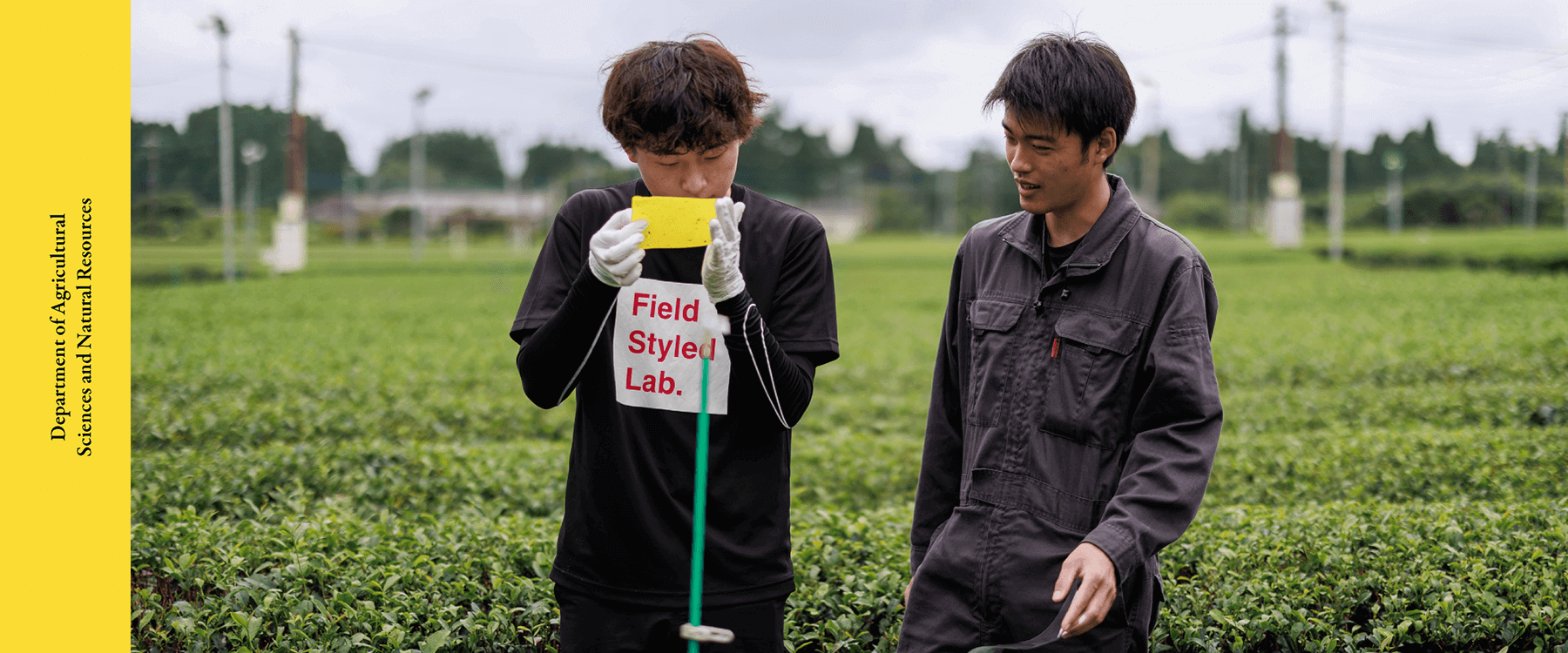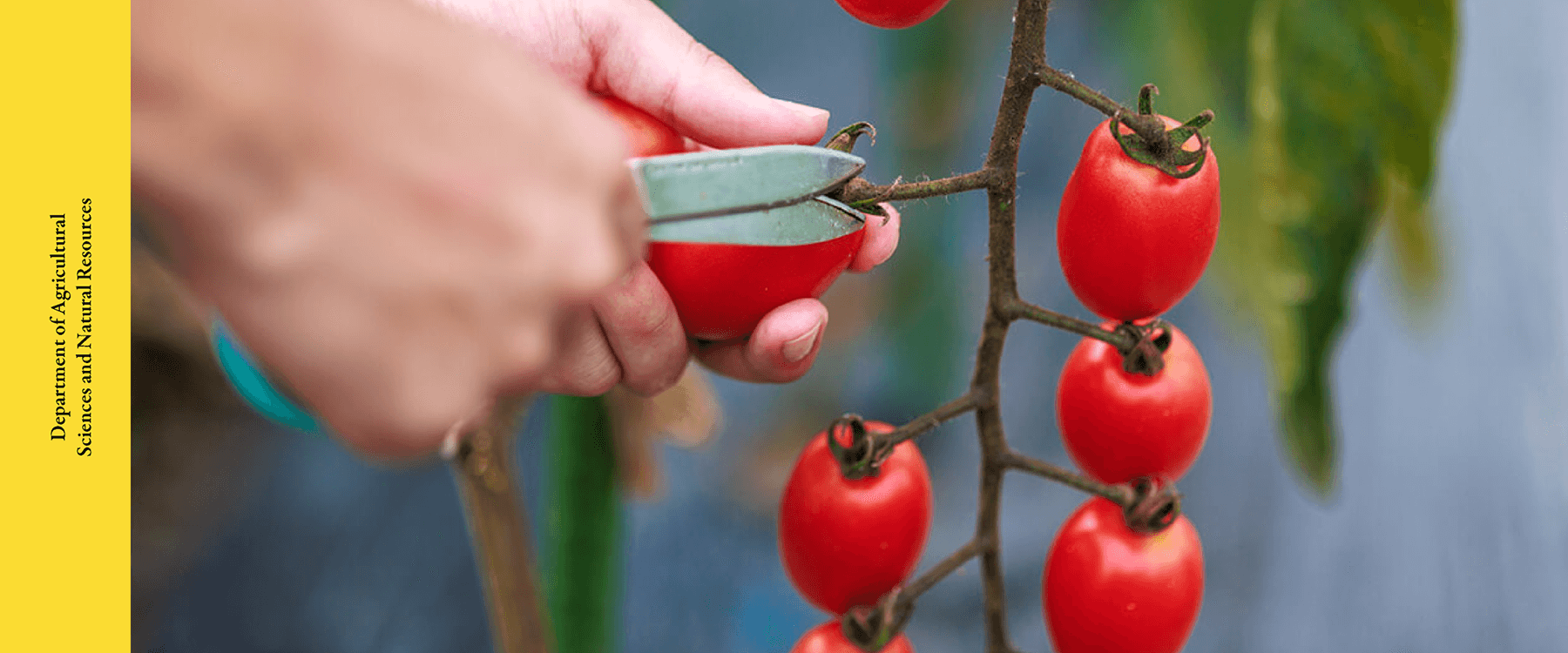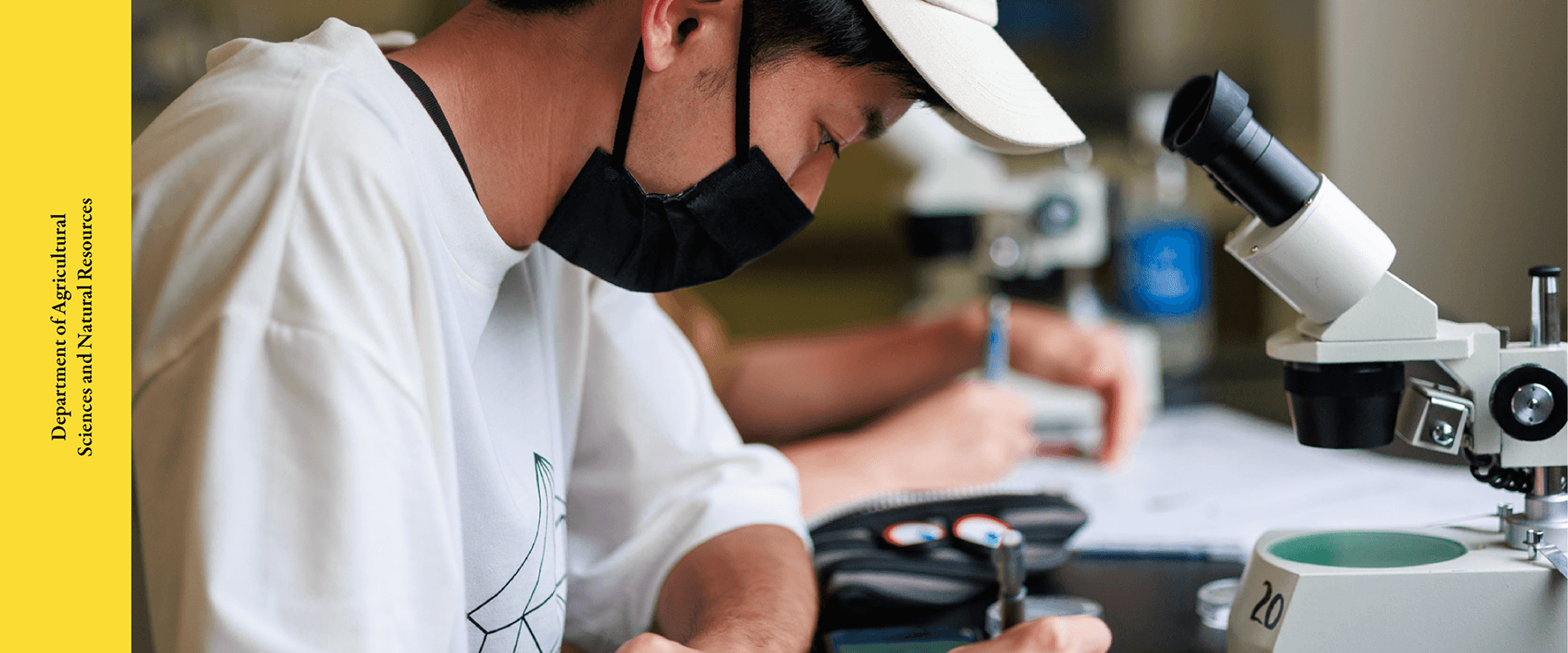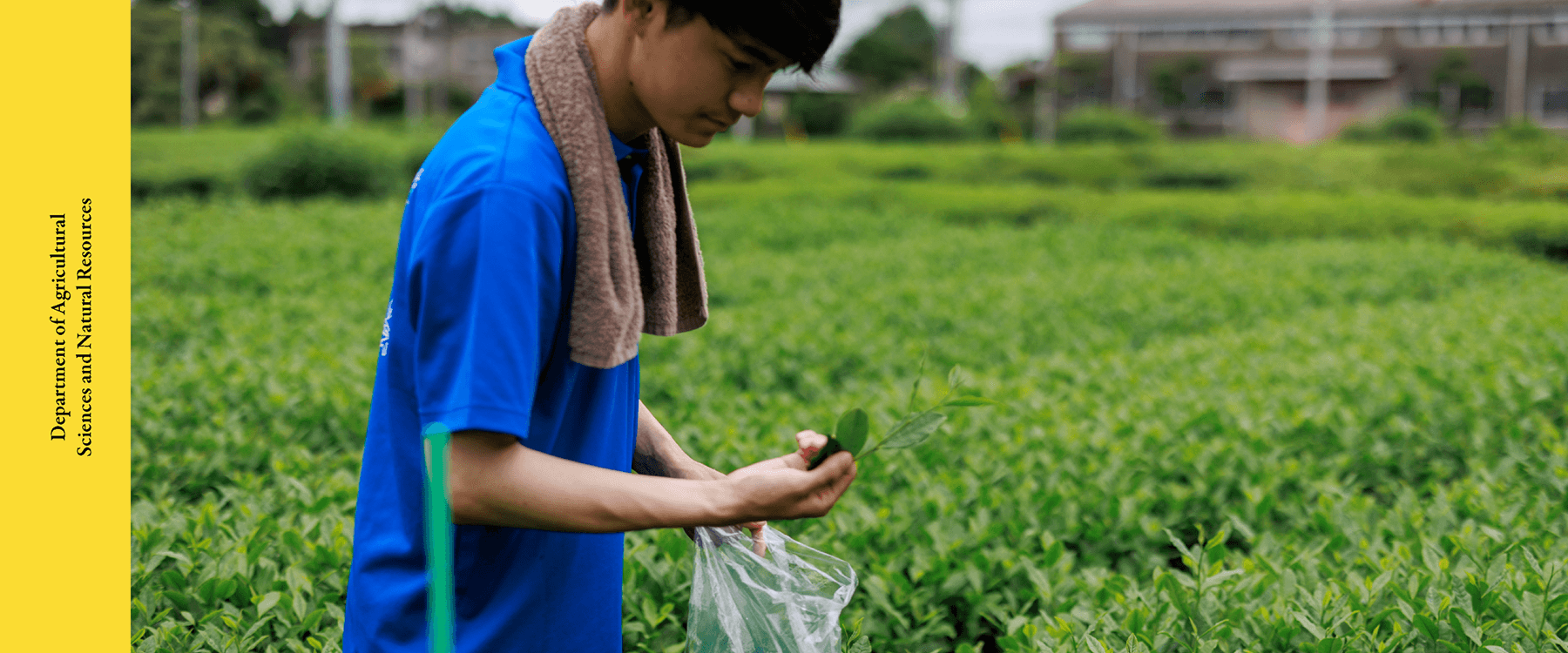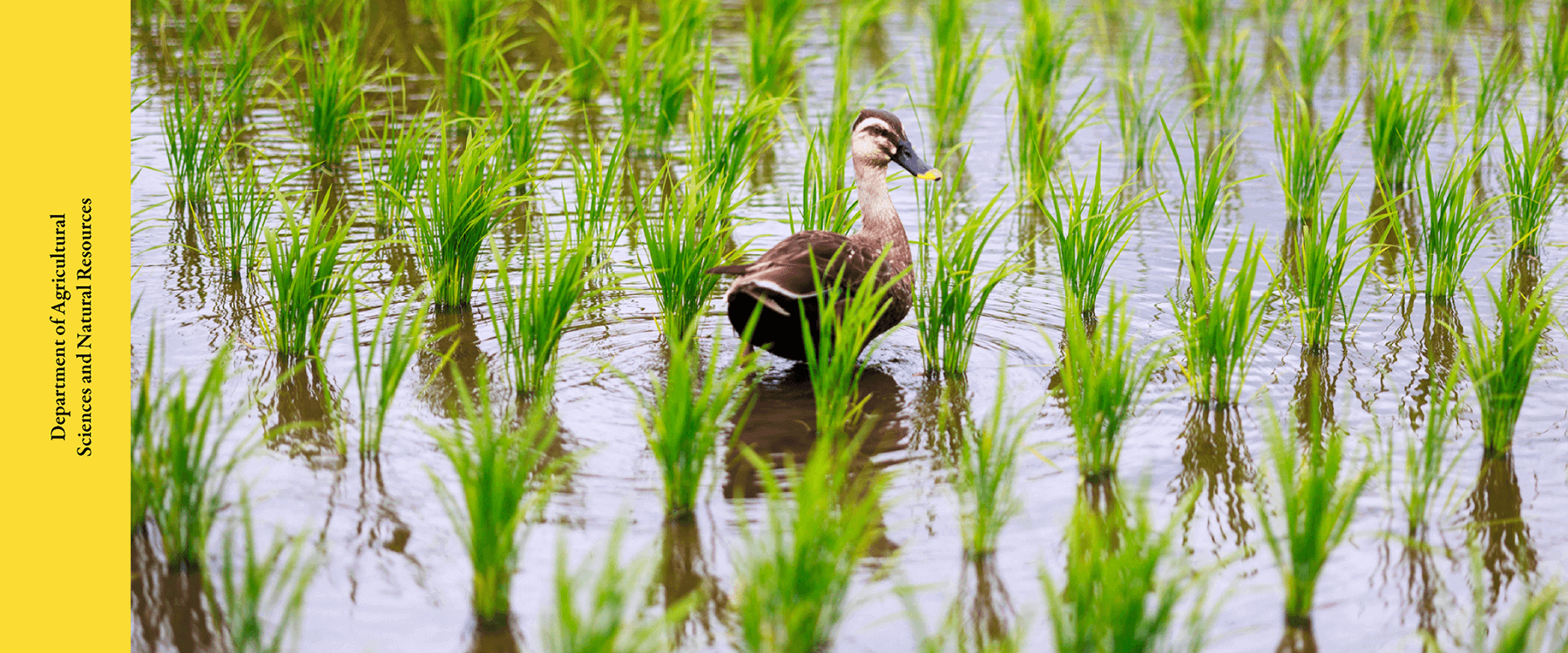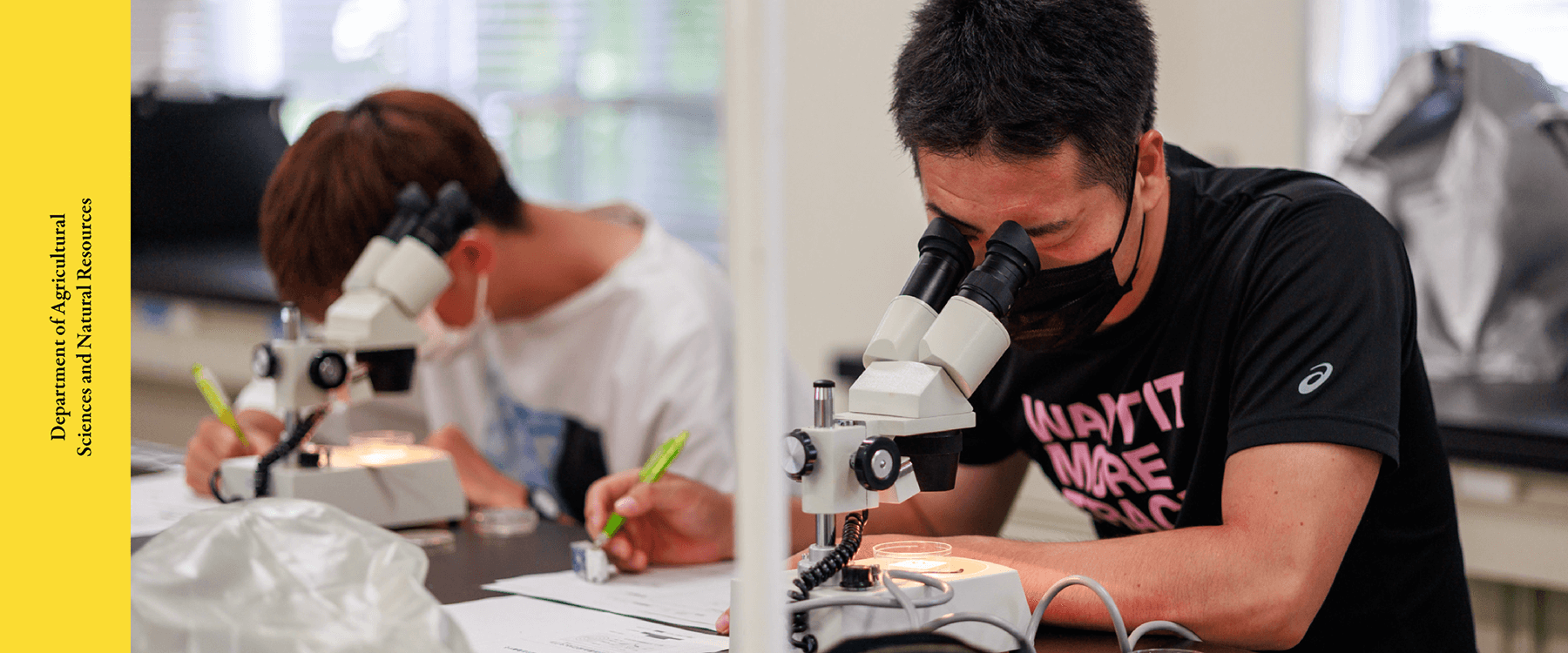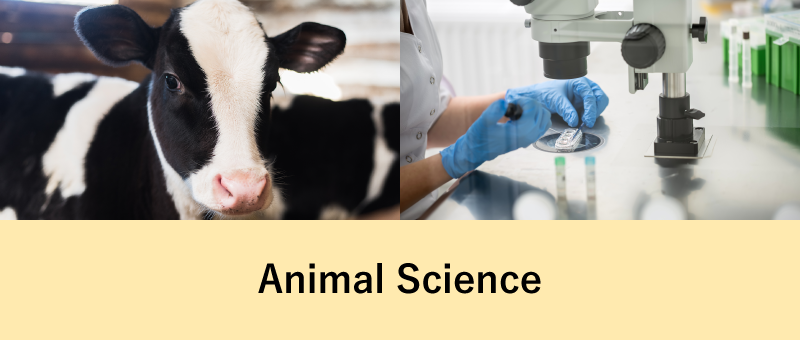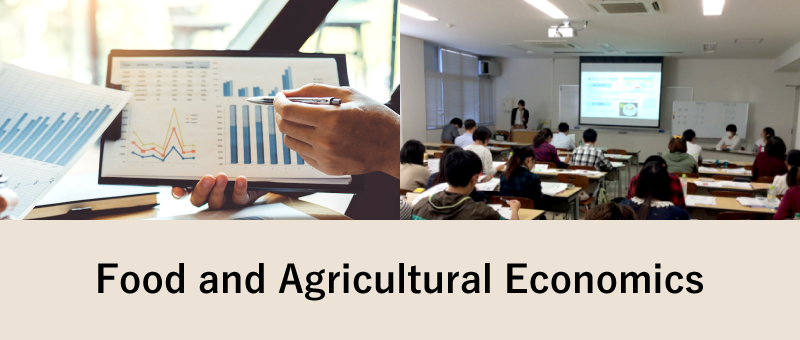course
Department of Agricultural Sciences and Natural Resources / 3 courses
Department Introduction
The cultivation of crops and raising of livestock are, and will continue to be, fundamental to human survival and prosperity. Moreover, efficient and sustainable methods of agricultural production are in demand. The Department of Agricultural Sciences and Natural Resources comprises five courses: Applied Plant Science, Animal Science, and Food and Agricultural Economics. Our department is located in southern Kyushu in a major agricultural production zone. Our research focuses on technological improvement to plant and animal production; development of pest management systems that take advantage of the bio-ecological environment; plant breeding that makes use of bio-technology; and management and economic analysis of agricultural production and distribution processes. The educational mission of this department is to cultivate the minds of future leaders who will be able to play an active role not only at the local event, but also globally.
Educational Goals
The educational goals of the Department of Agricultural Sciences and Natural Resources are the development of human resources who contribute to the production of a high-quality food supply and to the creation of high added value for agricultural and livestock products. The accomplishment of these goals is based on students gaining knowledge and skills related to utilization of agricultural and livestock products, plant and animal breeding, plant cultivation and raising animals in southern Kyushu.
Admission Policies
Admission Policies
- have sufficient basic knowledge of English, science, and mathematics.
- be motivated to participate in cultivation of plants and conducting animal breeding as well as biological and chemical experiments or research.
- have an interest in the production, distribution and consumption of agricultural and livestock products.
- have an interest in rural areas and communities.
- have an interest in biotechnology, and in the newest technology developed for the production of crops and livestock
- have an interest in international agriculture, the livestock industry and food resources.
Diploma Policies
- have mastered the breadth of current agriculture related technology with specialized knowledge in the management of agricultural and horticultural products and livestock.
- have mastered specialized knowledge and analysis technology regarding the life phenomena of plants and animals.
- can raise issues for discussion with others involved in the field, and also fully comprehend the realities of food distribution, agriculture and rural communities.
Curriculum Policies
In order to carry out the sort of education that cultivates practical skills esteemed in the department, we provide education that allows students to learn and acquire knowledge in the fields related to production, management,utilization, distribution of crops and livestock.
Below are our educational goals, which we believe help foster real-world capabilities among our students through practical experiments and exercises.
- Students are assigned to a specific educational course in the second year, where basic specialized subjects are required. Students are also required to conduct the basic experiments and participate in practical training and practice that help them build the necessary skills.
- Students are assigned to a specific laboratory in the third year, where specialized subjects in a given educational course are required.Students are also required to take courses in the applied experiments, practical training and practice.
-
In the fourth year, students study topics related to their Bachelor thesis project. After the thesis has been written, students take subjects to prepare for an oral presentation on their study results.



